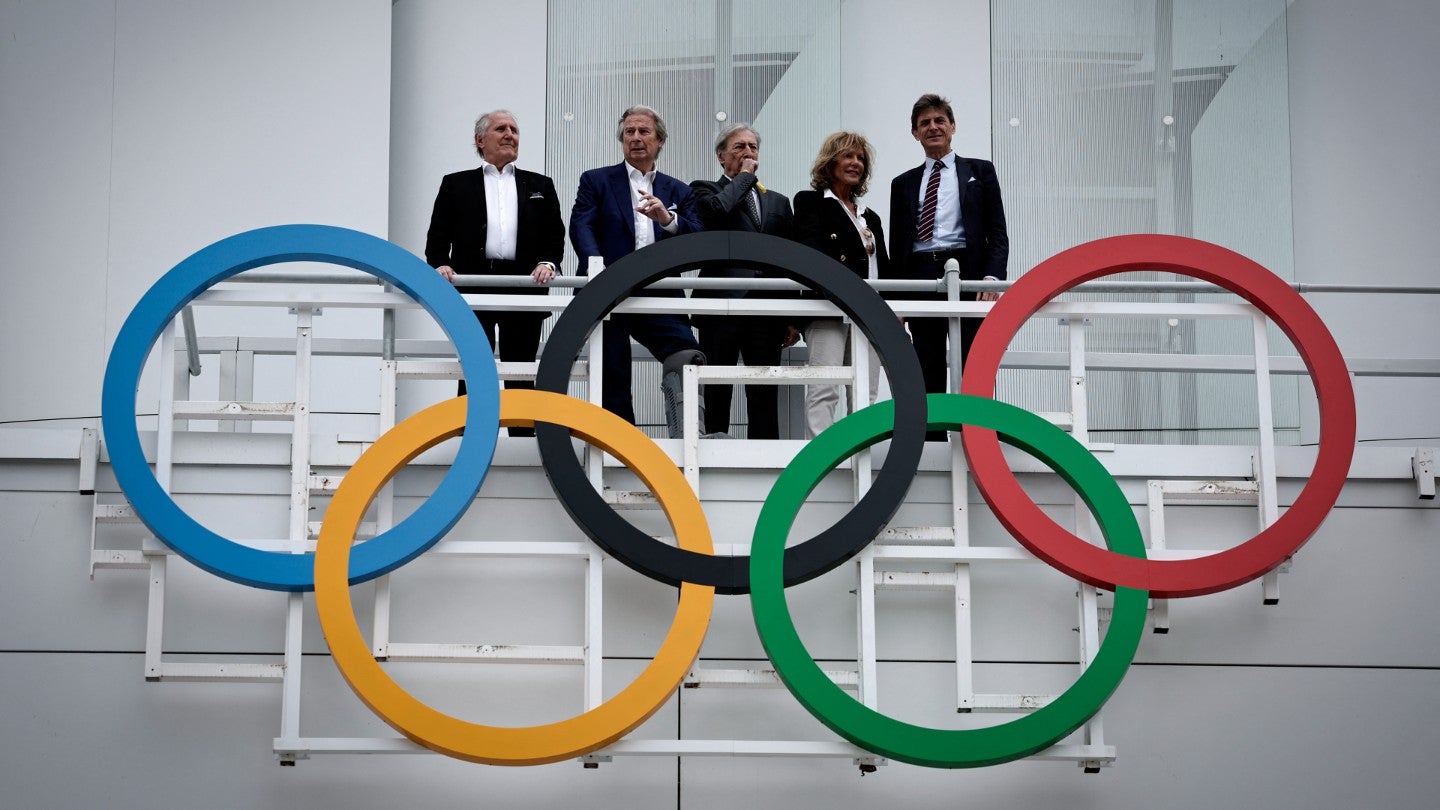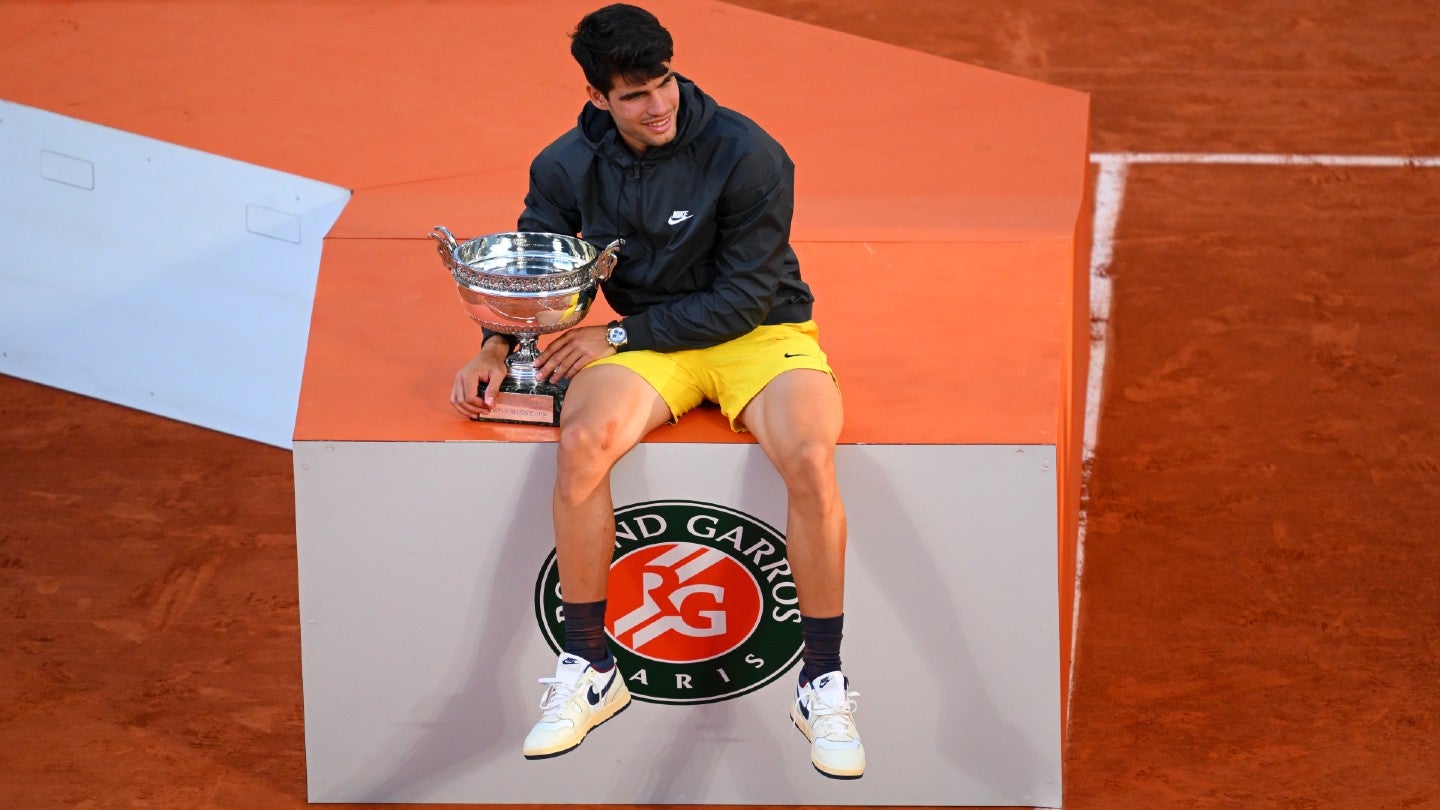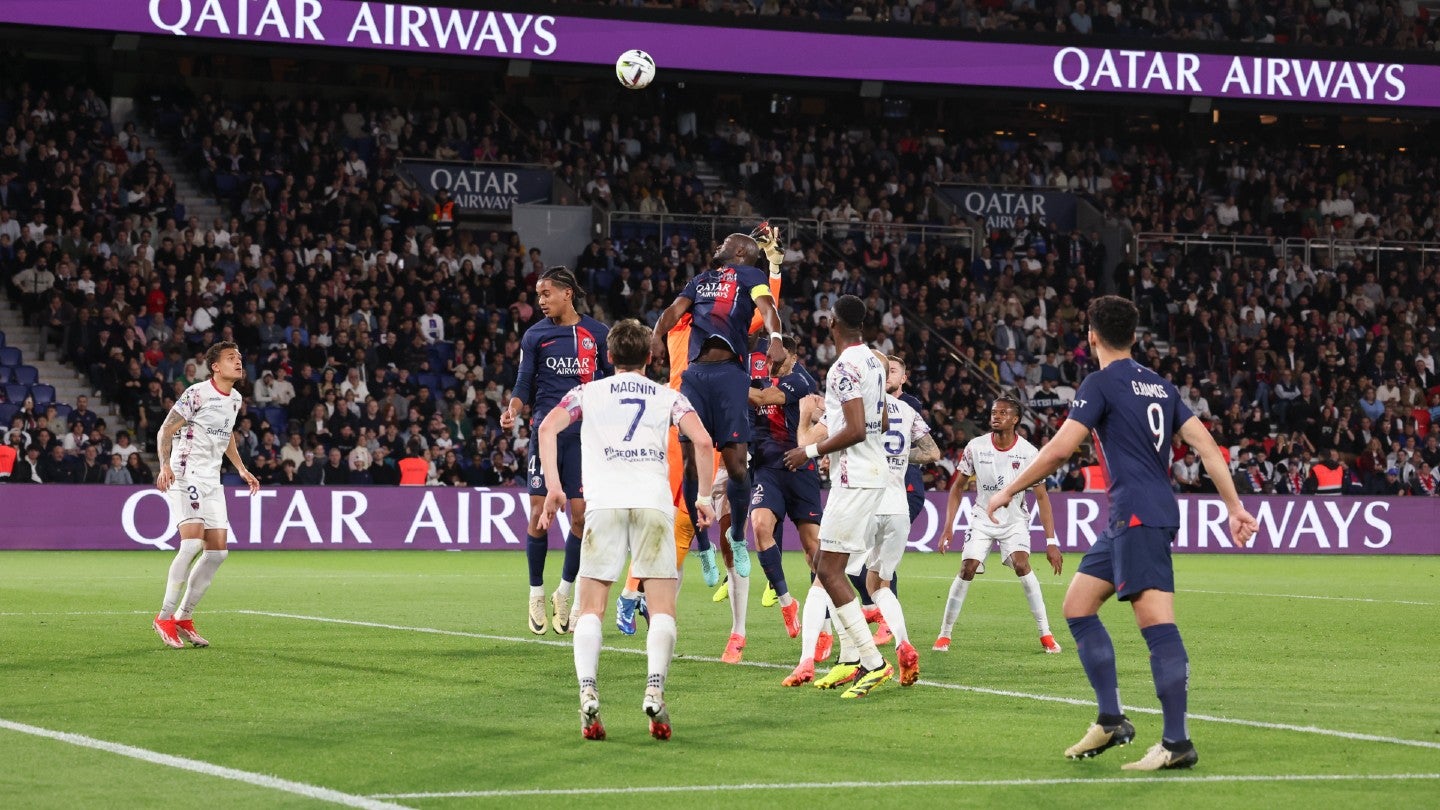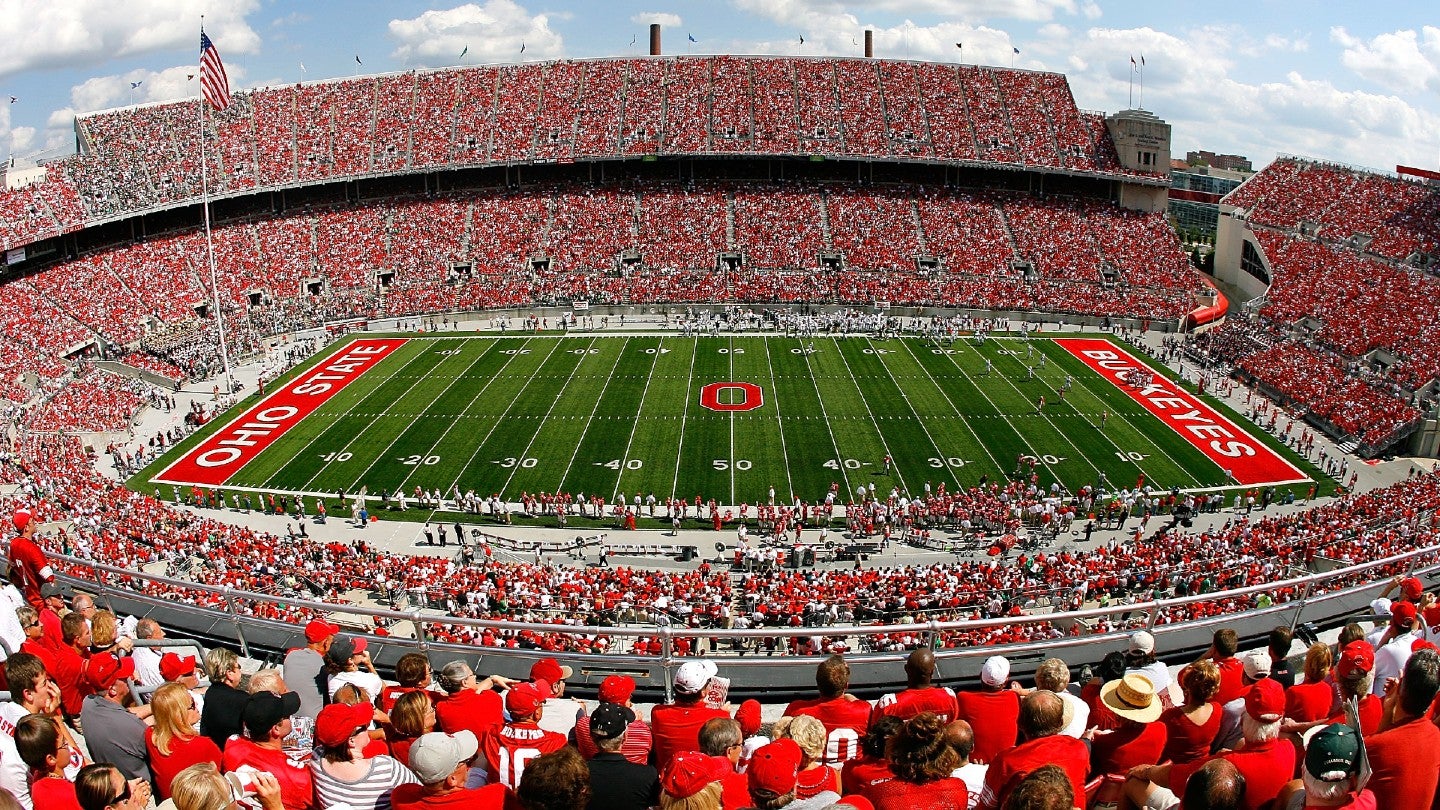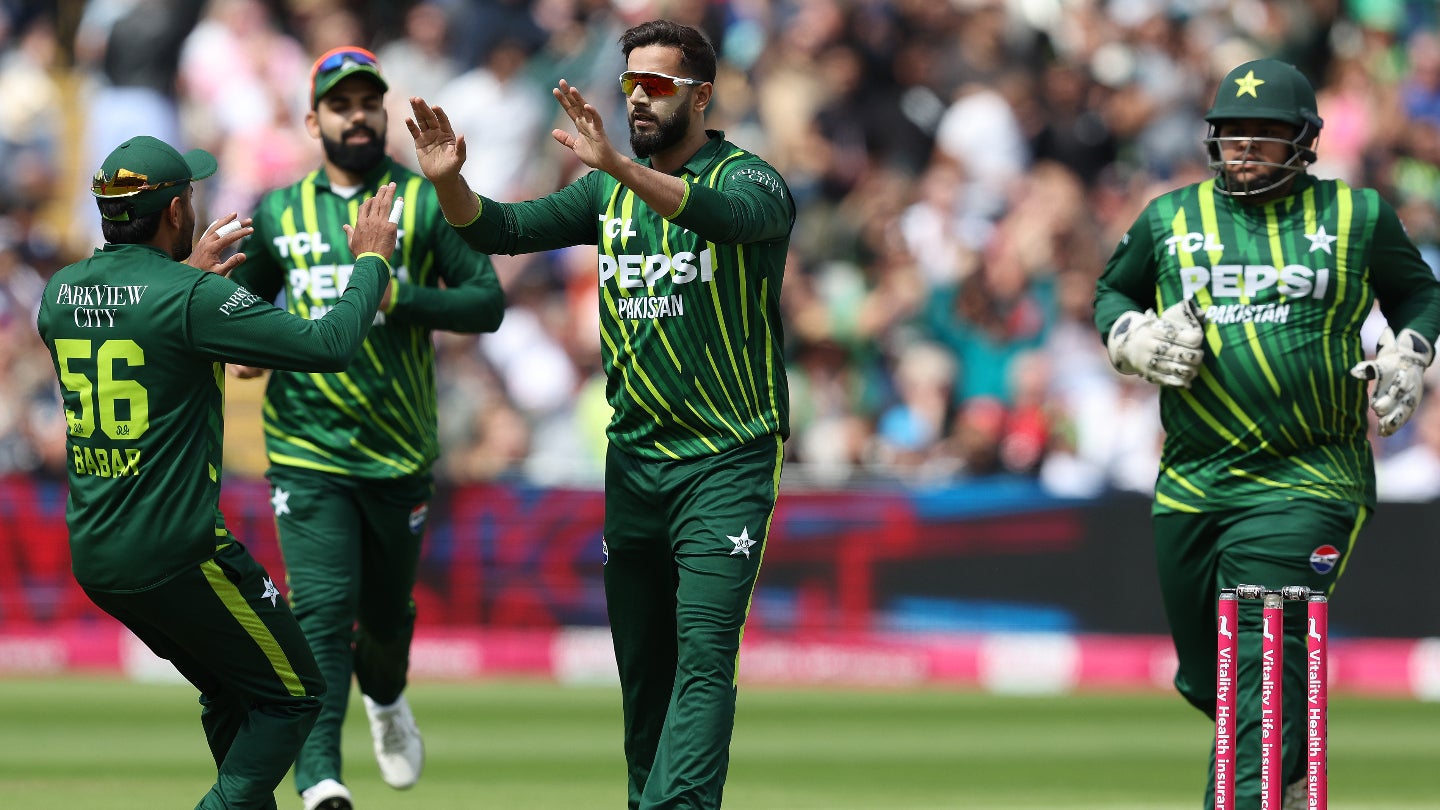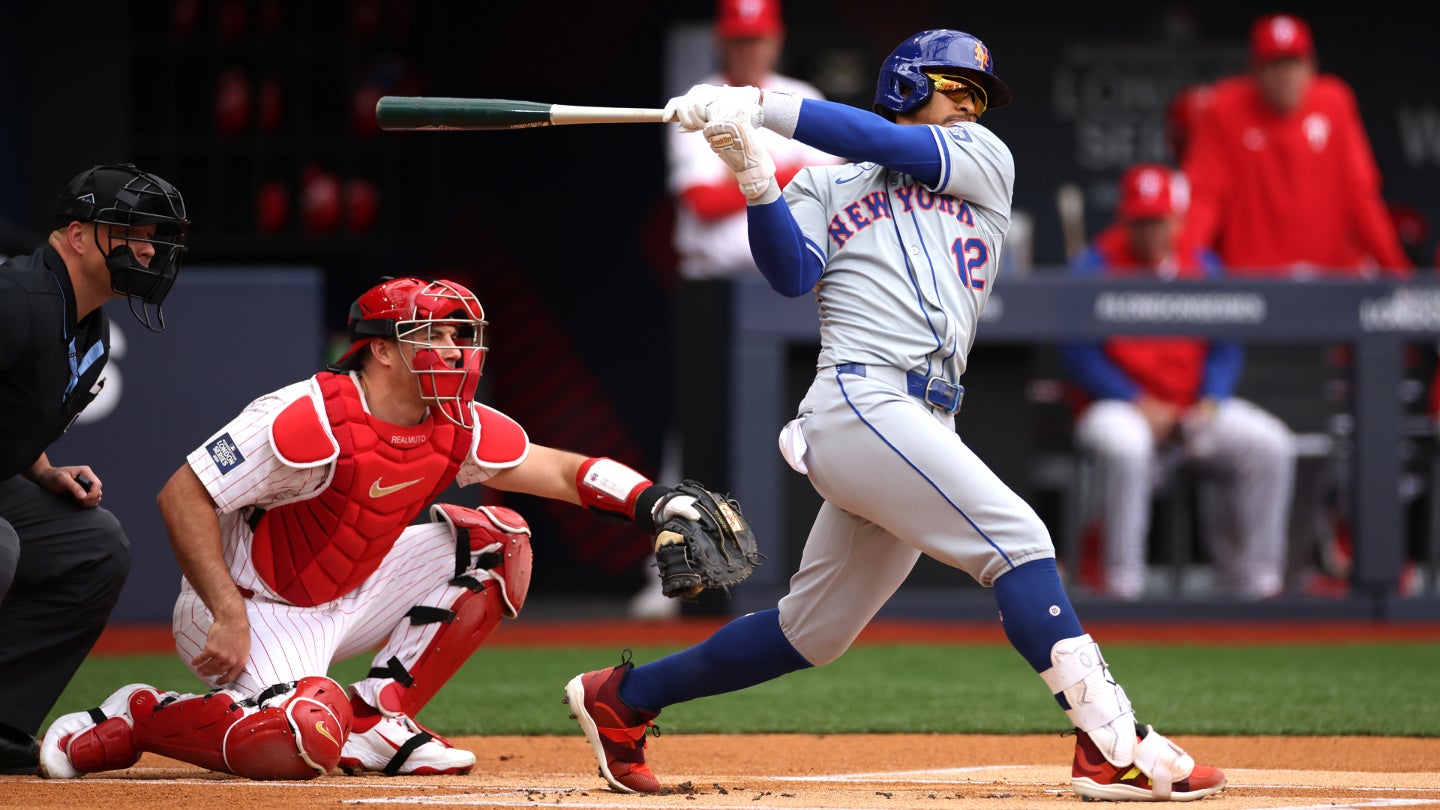Ahead of a sport-packed northern hemisphere summer that will see millions of fans travel to and tune in for competitions including the Olympic Games, soccer's UEFA European Championship, and tennis' Wimbledon grand slam, experts have warned that sporting bodies must be prepared for disruption in the form of cyberattacks and boycotts.
Last week, Microsoft released a blog post warning that “Russia is ramping up malign disinformation campaigns against France, its President Emmanuel Macron, the International Olympic Committee (IOC), and this summer’s Olympic Games in Paris”.
The US tech giant says pro-Russian actors will use malign artificial intelligence (AI) activity with two main intentions: “denigrate the reputation of the IOC” and “create the expectation of violence breaking out in Paris at the [Olympic] Games”.
French authorities and the IOC have assured spectators they are aware of such threats. But disinformation campaigns, purpose-built malware, and e-ticket hacking are expected on an unprecedented level, according to Jordan Strzelecki, thematic analyst at GlobalData.
“The Olympic Games, with its high global profile, is an attractive target for cyberattacks”, Strzelecki tells GlobalData Sport. “State-sponsored groups and hacktivists, aiming to advance political agendas, pose a primary threat due to the extensive media attention that any successful attack would attract.”
Gaza conflict prompts boycotts and misinformation
The ongoing conflict in Gaza, which hits the eight-month mark today (June 7), has increased the likelihood of boycotts in Paris – on which Russian-propagated disinformation has also drawn, according to Microsoft.
Malign actor Storm-1679 has reportedly sought to use the conflict to fabricate security threats to the games.
Last November, Storm-1679 spread images purporting to show graffiti in Paris threatening violence against any Israeli citizens attending the Olympics. Microsoft’s verification assessed this graffiti was digitally generated and “unlikely” to exist at a physical location.
The spokesperson tells GlobalData Sport that the IOC has “taken note of the expert analysis of Microsoft and will take action where appropriate and necessary.”
Other images and videos alluded to the 1972 Munich Olympics when members of the militant group Black September killed 11 members of the Israeli Olympic team and a West German police officer.
Such allusions are attempting to pour fuel on an already burning fire.
On May 31, the Organising Committee of the Global Summit for Palestine called for Israeli athletes to be banned from the Paris Olympics.
Referring to the IOC’s ban on Russian athletes competing under their own flag amid Moscow’s continued invasion of Ukraine, the committee accused the IOC of “double standards”, while Nkosi Mandela, a member of the committee and grandson of Nelson Mandela, said “expel Israel or face a boycott”.
Boycotts are nothing new for the Olympics. It remains the largest sporting event worldwide, watched by more people than any other event, making it an ideal stage to protest or channel geopolitical hostilities.
In the 1980s, Cold War tensions saw the US and Soviet Union trade boycott for boycott. The US refused to travel to Moscow for the 1980 Olympics, with the Soviet Union and its satellite states then boycotting the Los Angeles Olympics four years later.
“While events such as the FIFA World Cup can offer a similar platform, the fact that the Olympics has athletes from almost every nation competing gives it an unmatched profile”, says Conrad Wiacek, head of analysis at GlobalData Sport.
“Geopolitical issues will always gain focus in an Olympic year, but this doesn’t dissuade sponsors and broadcasters from associating with the games and this is unlikely to change this year. While tensions in the Middle East and Ukraine continue to dominate the discourse, the Olympics has always attempted to bring people together to overcome tensions.”
Olympics expected to bear the brunt of cyberattacks
Organisers will hope that this transcendental sense of Olympic unity will alleviate geopolitical tensions, but more practical measures will need to be put in place to counteract cyberattacks and misinformation.
Almost every Olympics in recent memory has been targeted by cybergangs. At Tokyo 2020, for instance, the games endured 450 million attempted cyberattacks, more than double the number made during London 2021, according to GlobalData’s Cybersecurity in Sport report.
The risk of such incidents is “likely to escalate as emerging technologies like AI become more integral to the games, expanding the number of potential hacker entry points,” Strzelecki adds.
“The most significant cyber-threat to the games occurred during the 2018 PyeongChang Winter Olympics when purpose-built targeted malware, dubbed the ‘Olympic destroyer’ by Cisco, attacked the opening ceremony,” says Strzelecki. “The attack took down the stadium’s Wi-Fi networks, internet-linked TVs, and RFID security gates at multiple facilities, and disabled the Olympics’ official app, preventing guests from accessing their tickets.”
The opening ceremony and games avoided serious disruption – all systems were restored by 8am the following day.
But ticketing remains a concern. As sports organisations and clubs increasingly move towards electronic tickets to limit resales, hackers look to exploit the wider range of entry points.
E-ticket sale transactions involve inputting financial and personal data through several online intermediaries – and if hackers exploit one of these entry points with malware they can steal the data, often without fans or sellers noticing.
Fans can also be targeted with phishing attacks and ticketing scams, with hackers sending a link to a fake website and encouraging people to purchase counterfeit tickets. Last August, Lloyds Bank reported that victims of soccer ticket scams lost, on average, £154 ($192) during the 2022-23 English Premier League season.
📌 The IOC took note of this expert analysis of Microsoft (https://t.co/GvYckiGdqb) and will continue to monitor the situation. We will take action where appropriate and necessary.
— Christian Klaue (@ChKlaue) June 3, 2024
🔹We have been raising awareness for this disinformation campaign already twice in the last few… pic.twitter.com/Igc6Z2rHDp
The main concern for security personnel lies in the physical consequences of breached e-tickets.
“The hacking of e-ticketing systems could present massive security concerns, if, for example, a malicious actor could access a major sports event using a stolen e-ticket and introduce a physical threat inside the venue,” Strzelecki concludes.
In response to these hypothetical dangers, authorities in France, Germany, the UK, and other competition-hosting nations are expected to toe the line between high vigilance and respect for fans – a responsibility the French authorities dramatically failed in during the crowd chaos of the 2022 UEFA Champions League final.
Lying in the balance is the safety, enjoyment, and harmony of a summer-long sequence of sporting events set to captivate millions across the world.

